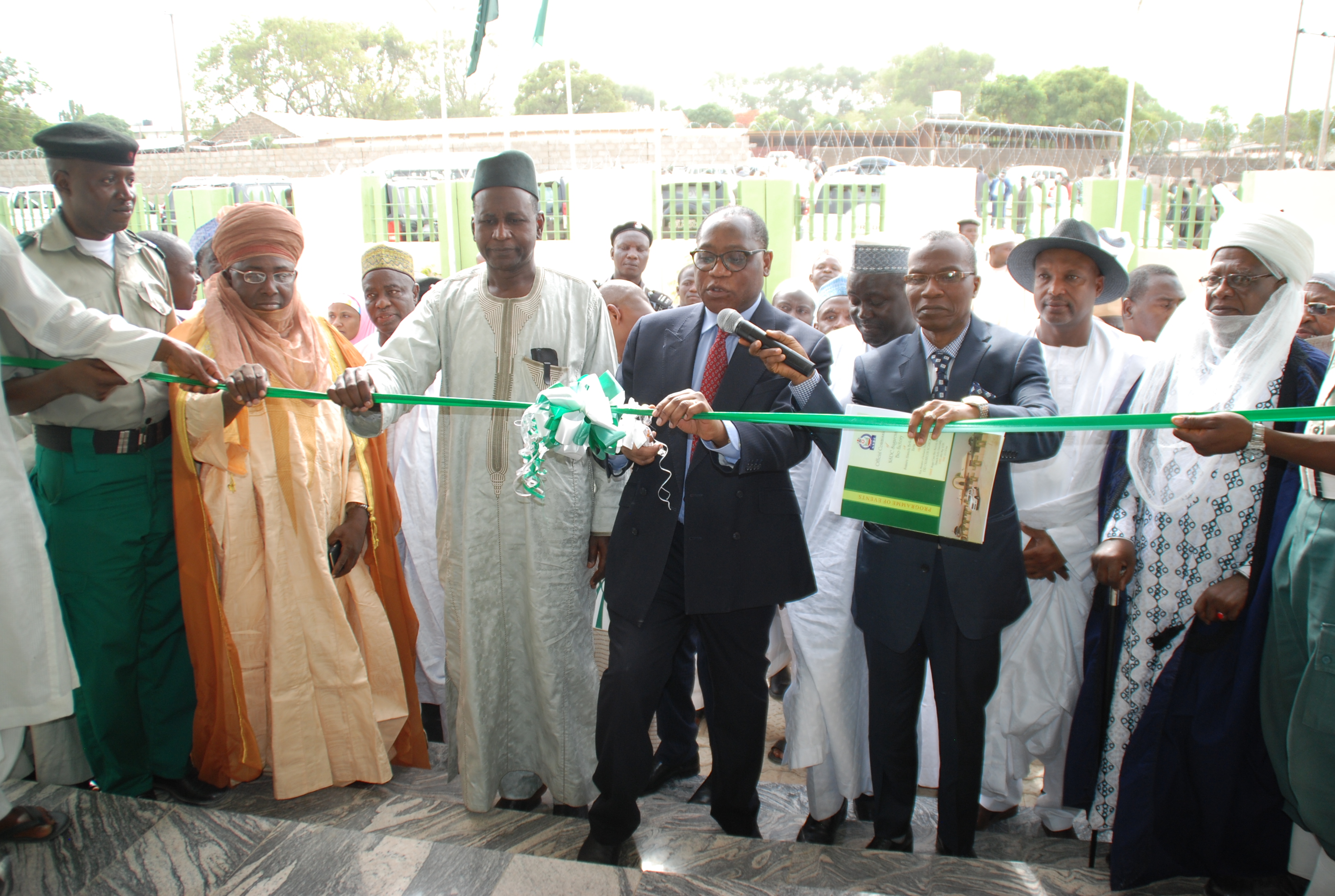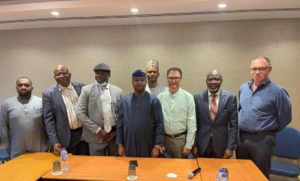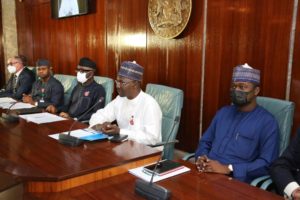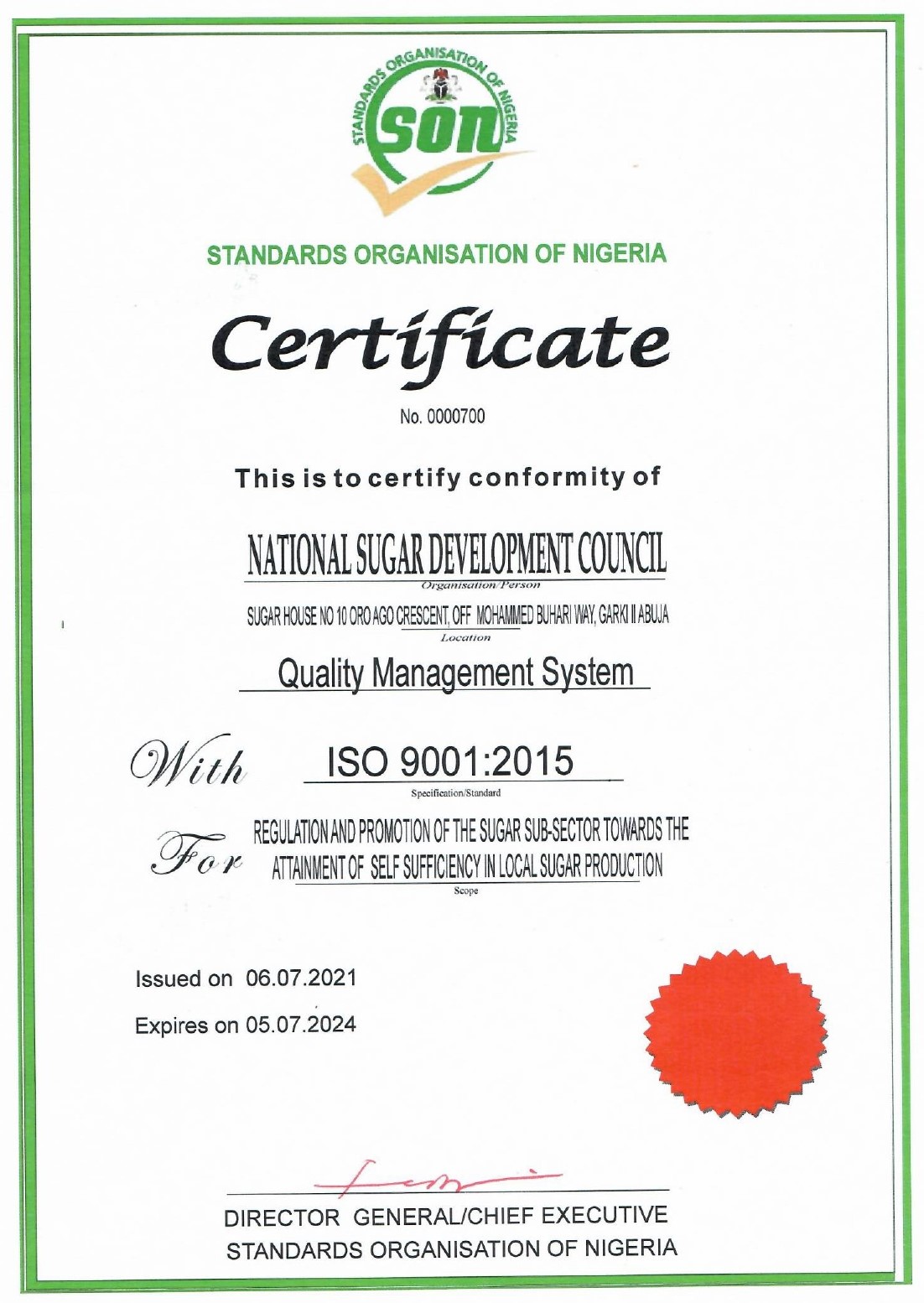Nigeria’s quest to attain global reckoning in sugar production got a major boost recently following the official commissioning of a state-of-the-art sugar cane bio-factory facility in Nigeria.
The Sugarcane Bio factory which is the first of its kind in Nigeria, is located within the premises of the Institute for Agricultural Research (IAR), at the Ahmadu Bello University (ABU) Zaria, is expected to make good use of tissue culture to produce and multiply a few sugarcane varieties, thereby ensuring the provision of pure, clean and good quality sugarcane seeds for the growth of the entire sugar industry.
Speaking at the event, the Executive Secretary of the National Sugar Development Council, (NSDC) Dr Latif Busari noted that the bio-factory facility which is the outcome of a collaborative effort between the NSDC and the IAR is a bold step towards addressing constraints associated with the production of clean, pure and disease-free sugarcane seeds in the country.
According to Dr Busari, the bio-factory which would “adopt cutting-edge technologies to rapidly multiply sugarcane seeds for our sugar estates and farmers is a clear demonstration of government to link our nation’s industrial development to advances in science, technology and innovation”, he stated.
While stressing the need for critical stakeholders in the industrial sector to be innovative in the execution of their assignments, Dr Busari regretted that the country has been “faced with the paradox where scientists and technologists come up with new innovations which are left to gather dusts on their shelves while many of our industries rely on imported technologies and innovations or on obsolete technologies and machines that make industrial manufacturing inefficient and unprofitable”.
On the adoption of modern technologies, Dr Busari said, “for us in the sugar industry, we have realized that the adoption of modern bio-technologies can help us to achieve rapid multiplication, transformation and conservation of sugarcane germplasm.
“Since sugarcane is ordinarily propagated through stem cuttings, this often facilitates the spread of pathogens that may result in epidemics. It is also a fact that development and release of new sugarcane varieties using the conventional breeding techniques takes between 8-10 years. But there are modern technologies such as mutation breeding and tissue culture techniques that could help solve these and other similar problems”, he explained.
In a keynote address, the immediate past Minister of Trade and Investment Dr. Olusegun Aganga, expressed delight at the commissioning and described the event as a milestone in the implementation of Nigeria’s Sugar Master Plan.
“The master plan is one of the major sectorial policies under the Nigerian industrial revolution plan enunciated by the Ministry of Trade and Investment. Sugarcane is a strategic crop with high value addition because ethanol, electricity, animal feed can be produced from it on the course of producing sugar. The projection of the sugar master plan is that 250 hectares sugarcane fields will be needed to process 28mills to produce about 1.6million tonnes of sugar in the1st phase of the project”, he stated.
“Cutting edge technologies have been used in many developed countries to promote rapid economic development and these advances produced from Biotech was due to heavy reliance on research, technology and innovation. Sadly, that has been the missing link in Nigeria’s past efforts at economic diversification though industrial manufacturing. Biotechnology in particular has opened to mankind a vast array of opportunities to significantly improve quantity and quality of biological deliverables”, he said.
He also commended the management of the Sugar Council for investing in the project and the Institute for Agricultural Research Zaria for collaborating so well with the sugar council.
The Sugar Biofactory is established through the collaborative efforts of the National Sugar Council, an agency under the Federal Ministry of Trade and Investment , and the Institute of Agricultural Research (IAR), Zaria.
In a goodwill message, Vice Chancellor, Ahmadu Bello University, Zaria, Professor Ibrahim Garba thanked the NSDC management for “nurturing this project to maturity”, adding that the project is a proactive approach for alleviating problems of sugarcane production in Nigeria.
The historic event was attended by two former Executive Secretaries of the NSDC, Alhaji Yakubu Tsala and Malam Usman Bello, Etsu Tsaragi and Chairman Sugarcane Outgrowers and farmers, HRH, Alhaji A.K Abdullahi, representative of Emir of Zaria among other important dignitaries.





